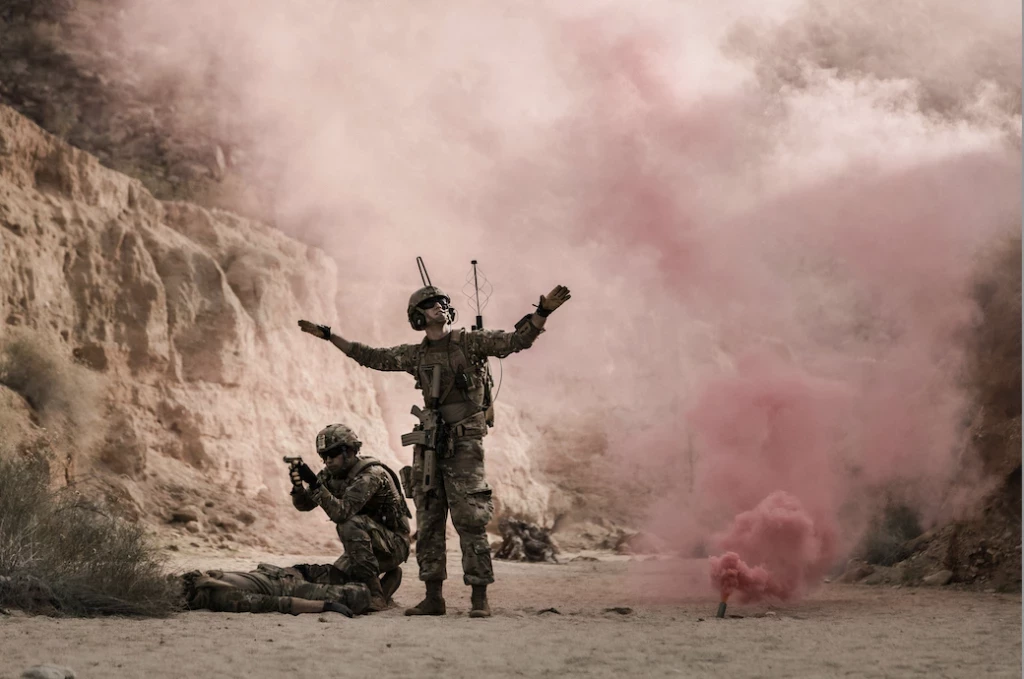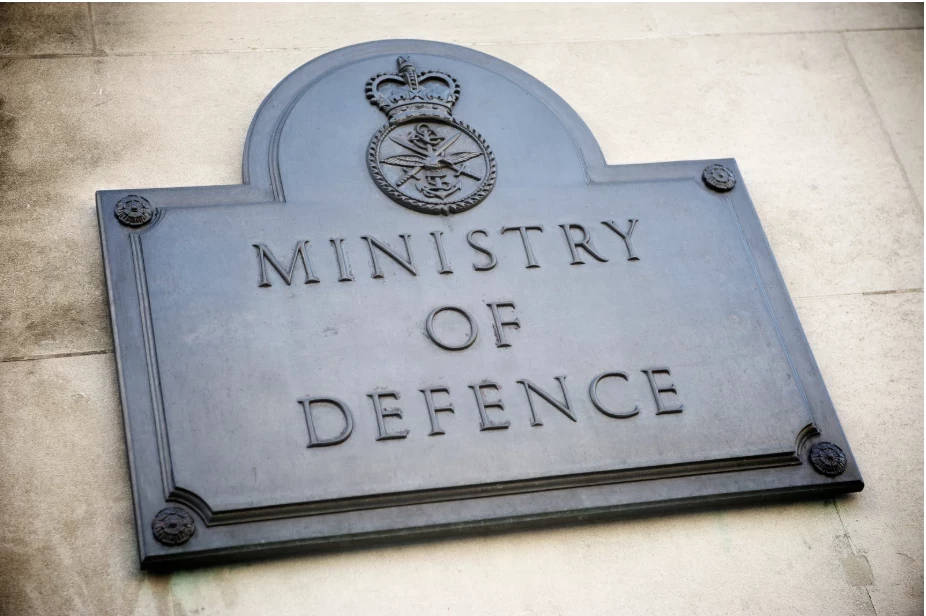Small businesses important to DOD energy plans, official says
Add bookmark
By Lisa Daniel
American Forces Press Service
WASHINGTON, March 5, 2012 – Small businesses are an important part of the Defense Department’s plans for better managing how it uses energy, the assistant secretary of defense for operational energy plans and programs said.
Sharon E. Burke spoke to about 450 audience members at the Operational Energy Capabilities Improvement Fund’s Small Business Conference in Crystal City, Va., March 2.
"The fact is, small businesses and entrepreneurs matter to DOD," Burke said. "Small businesses are a hub of ideas and innovation."
Throughout government, Burke said, the Defense Department has taken the lead on releasing funds for small businesses to compete on energy-related contracts. "We often find a powerful combination when small businesses team with large companies" on defense programs, she said.
Officials last year released the department’s first operational energy strategy, which factors energy use into battlefield plans. About 75 percent of the department’s energy use comes from operations, rather than fixed installations. The military’s increasing energy reliance has increased security risks and budgets, Burke said.
Under the new strategy, military equipment, as well as military members, will use less energy and more alternative forms of energy, such as solar power and biological fuels, rather than fossil fuels, Burke said.
Solid operational energy policy and plans can help the military meet its commitments, ranging from fighting current conflicts and defending the homeland to countering cyber threats and responding to humanitarian needs, Burke said.
"Put simply, our armed forces will have to be as adaptable and agile as they are lethal and robust," she said.
Energy conservation becomes increasingly important as defense budgets shrink, Burke said. "Even while more demands are put on the department, more money will not be available for defense spending," she said. "We will have to learn how to do more with less.
"I see energy as a key part of this solution," she continued. "By operating more efficiently and incorporating energy into our plans and operations, we can realize multiplier effects by gaining capability without increased costs."
Burke said she anticipates that Defense Secretary Leon E. Panetta soon will release the implementation plan for the operational energy strategy, which she said will:
- Measure energy consumption in operations;
- Improve energy performance and efficiency;
- Promote operational energy innovation;
- Improve operational energy security at installations;
- Promote the development of alternative fuels;
- Incorporate energy security considerations into requirements and acquisitions; and
- Adapt policy, doctrine, military education and combatant command activities.
This year’s defense budget created the Operational Energy Capability Improvement Fund to invest in science and technology to improve energy performance, Burke said. The fund is intended to provide seed money to develop long-term capabilities for the services to operate more efficiently in combat theaters, she said.
Burke outlined several programs under way to reduce operational energy costs, particularly with heating and air conditioning and tent efficiency in forward deployed areas.
"The work each of these programs is doing -- and each of you as businesses who can contribute your considerable expertise and insights to the department -- is incredibly important," she said. "You are helping take risk for our troops and missions out of the equation."






















